
Ever since its inception in 2014, Laravel has grown by leaps and bounds to become the PHP framework of choice. It has a strong complement of features such as high scalability, secure authorization, integrated payment solutions, and complete freedom for customization, making it one of the best alternatives for website development.
While we won’t get into the nitty-gritty of why Laravel is the reigning PHP framework, suffice to say that a lot of developers prefer to opt for Laravel when their e-commerce or e-learning websites outgrow their CMS platforms. Here, we see how can a Laravel application be developed for e-commerce, using existing e-commerce packages.
Before that, however, let us first see, what exactly is an ‘e-commerce package for Laravel’?
What is an eCommerce Package for Laravel?
Laravel websites are generally built from the ground up. All code is to be written from scratch, based on the requirements of that website. However, there are often application-specific packages of ready code which can be downloaded and installed for building the basic foundation of the application.
A loose comparison would be to plugins in WordPress, which can be downloaded and installed to set up a specific functionality for the website.
eCommerce packages, in particular, come with code snippets to set up all basic functionalities, such as product names and images, a shopping cart, payment gateways, etc. that you need to set up your e-store.
Laravel has several e-commerce packages offering various levels of ready features.
Why Choose an eCommerce Package for Laravel?
Reframing this question a little; why should you choose an eCommerce package for Laravel over an eCommerce website built using a CMS platform?
PHP pundits have debated for a long time about the pros and cons of Laravel v/s CMS platforms, but there is never a clear conclusion since the selection is highly individualistic.
Nevertheless, there are several advantages of Laravel over other CMS platforms, especially when it comes to building an e-commerce website. Some of these include:
-
High Scalability
For an e-commerce solution, scalability is a must. As the number of your products, suppliers, supply chain managers, and most importantly, customers, increases, you need a website that is capable of handling hundreds of users at a time. This necessitates a robust scalable solution that can be customized as per your requirements.
-
Independent Operation
The advantage of having an independent e-commerce website is that you do not have to worry about CMS updates wreaking havoc on your store. Additionally, you can have a highly focused growth plan and avoid unnecessary bloating due to redundant features that can slow down your website.
-
Flexibility in e-Store Management
Managing the e-store becomes really easy and straightforward with the ecommerce package for Laravel. You have your primary code ready which sets up the basic functionalities of carts, products, payment gateways, inventory, pricing, taxes, and more instantly. The advantage is you are designing the workflow yourself here, so you can keep a lot of room for future development even as you write clean code.
-
Omnichannel Support
Laravel supports omnichannel e-commerce, which can take your business to a whole new level! With complete integration of all physical and digital stores, you can build a cohesive omnichannel e-commerce network with Laravel.
eCommerce packages for Laravel reduce the time and effort required to code your way through the basics of an e-commerce store. Instead, you can use the package as a starting point for rapid application development, configured as per your e-store.
This gives you a huge boost on the time front, which is one of Laravel’s few shortcomings. Coding in Laravel is not easy. You need to either be a great coder yourself or hire professionals who can build your Laravel website for you. In either case, e-commerce packages for Laravel save a lot of time and effort as they provide a ready baseline for developers.
Which eCommerce Package for Laravel Should You Choose?
Now that we have established what an e-commerce package for Laravel is and why is using it a good option, let us see some of the e-commerce packages that are available for Laravel.
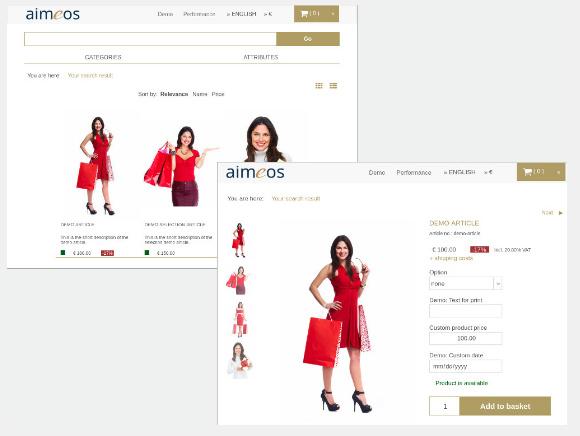
Aimeos is one of the most popular e-commerce packages for Laravel. Apart from the basic features required for an e-store, it also includes multilingual support, customizable themes, and an SEO-ready shop system. The code is clean and well-tested; we can attest to this as we have used Aimeos for one of our projects.
The Aimeos package is free and when used in conjunction with an optimized server and database can give you blazing fast website speeds (they say up to 40 ms). This translates to faster product loading and happier customers!
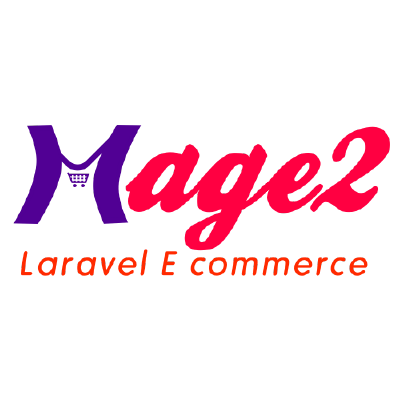
Mage2 eCommerce package for Laravel is a set of modules that add various functionalities to your e-store. Instead of a single installation, you have different snippets of code which can be downloaded and added to the core code.
The advantage here is that you can pick and choose the features you want for your e-store. Laravel inherently offers a lot of freedom in this aspect, but nevertheless, Mage2 eCommerce lets you customize your e-store quickly and easily.
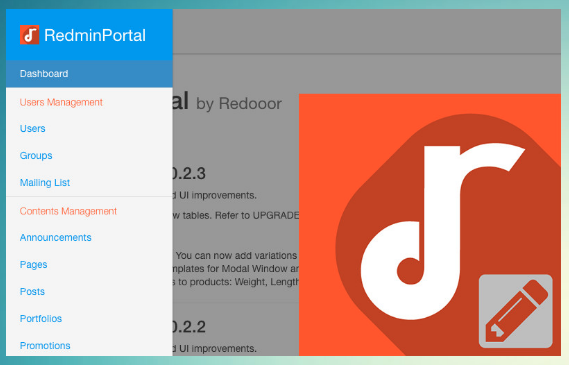
RedminPortal is a flexible application creation tool which can be used to create various types of websites. One of these is an e-commerce package. It also ticketing and payroll modules, as well as a reading portal website. RedminPortal offers complete backend framework, including ready code for adding/removing products, product categories, setting up discounts and codes, etc. It leaves the frontend design to the respective developers, an artistic liberty of sorts.
Endnote
These are some advantages of using eCommerce packages for Laravel and a few examples of the packages you can use. What are other advantages or drawbacks of eCommerce packages according to you? Any other packages you would recommend?
Let us know in the comments section below!

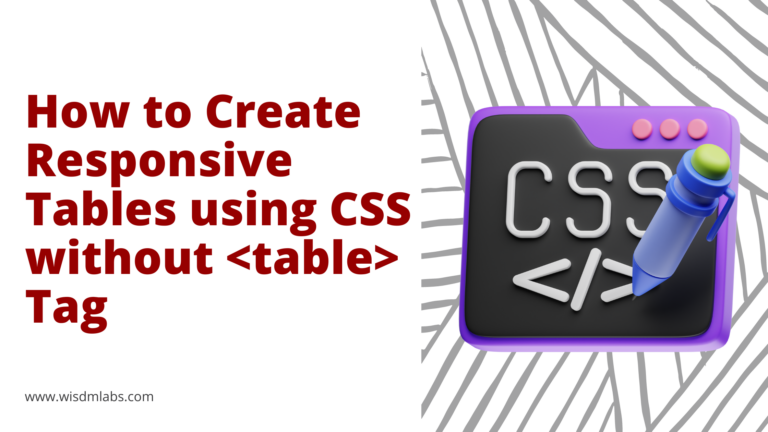
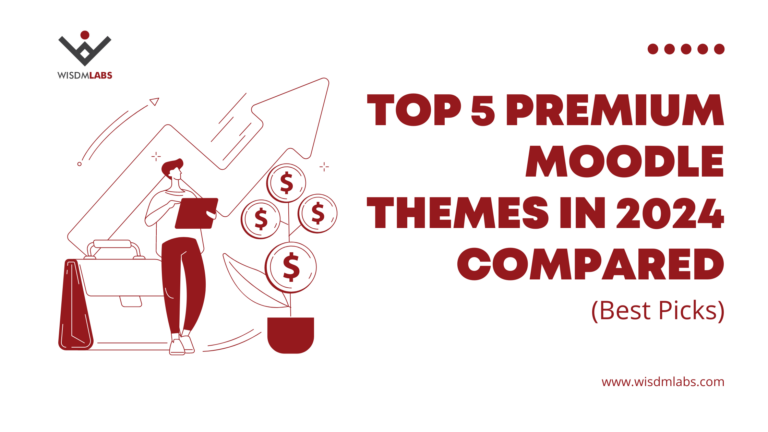
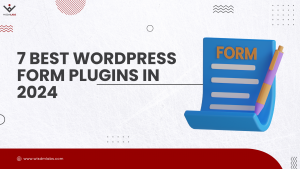
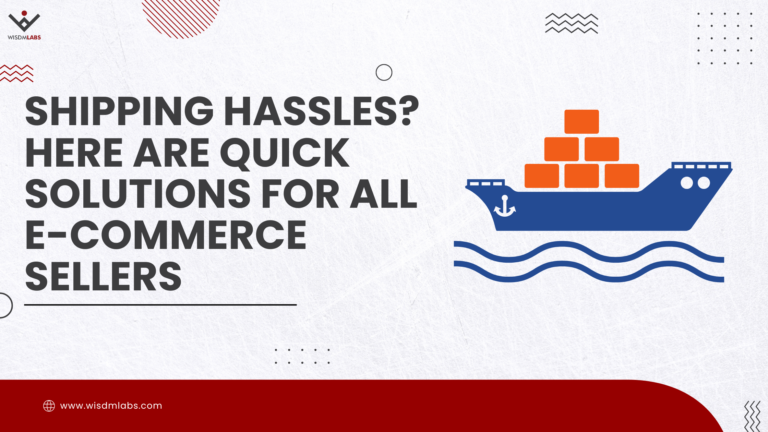


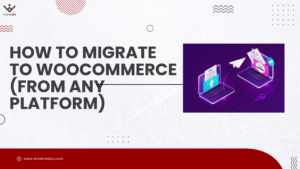
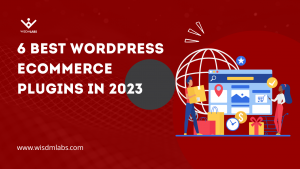
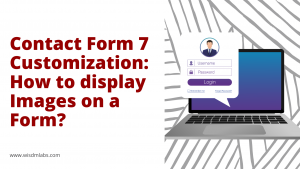

2 Responses
This is a great article.
Aimeos is pretty good for creating a basic ecommerce website in Laravel. It is lightweight and has an easy dashboard for a newbie. It is also easier to install than other packages for Laravel out there.